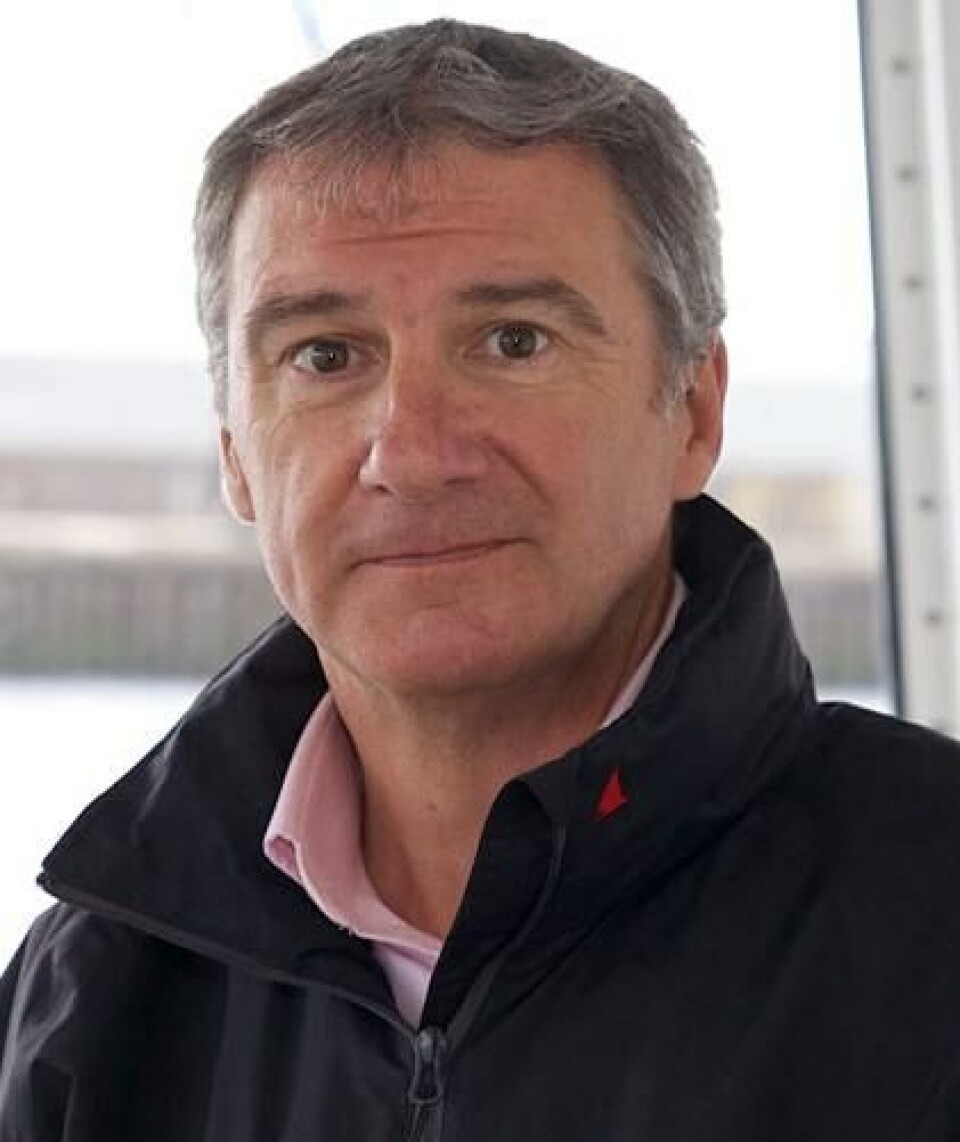
Industry has its say at salmon inquiry
Scottish salmon producers get the chance to have their say to MSPs today in the penultimate evidence session of an inquiry into the industry.

Marine Harvest, the Scottish Salmon Company and Grieg Seafood Shetland will all be represented at the Scottish, as will the Scottish Salmon Producers’ Organisation (SSPO) and industry supplier Gael Force Group.
The inquiry is being carried out by the Parliament’s Rural Economy and Connectivity (REC) committee, which has also received written submissions from Grieg, the SSPO and Gael Force owner Stewart Graham, along with many more ranging from bodies such as Highlands and Islands Enterprise to rivers trusts and individuals both for and against salmon farming.
In a hard-hitting submission, Graham points out that his company, which gets two-thirds of its business from aquaculture, employs well over 200 people directly and many more indirectly and has expected 2018 annual sales in excess of £30 million.
Transformative
He says that salmon farming has been “transformative and hugely positive on the economy and communities of the rural highlands and islands of Scotland over the past 30 years”, adding: “Few commentators will recall or care about the times before aquaculture’s success when unemployment in some west coast communities such as the Hebrides topped 20%. Few critics will care about the dying communities up and down the Highlands and Islands which are now revived and sustained in large part because of aquaculture.”
Graham says there is no reliable evidence linking the decline of wild salmon to salmon farming, “just screaming assumptions from a small number of people who do not want to engage in finding the facts and being part of the solution for declining wild salmon stocks”.
With reference to on-land salmon farming, which has been repeatedly referred to by some members of the REC as a solution to the industry’s problems, Graham says: “While research and experimentation will no doubt continue, there is no commercially viable Recirculation Aquaculture System of any scale for growing out salmon thus far and suggestions that this is how the industry moves forward are completely ill informed.”
Compelling opportunity
He continues: “If RAS however were established at some point in the future as viable, facilities would be set up next to population masses and would negate the USP (unique selling point) of Scottish Farmed Salmon.”
Graham argues that the regulatory regime, while robust, “is extremely complex, not joined up and demonstrates almost no innovation. Regulators should depend on science to challenge limits rather than the precautionary principle”.
He concludes with a warning: “The worldwide growth in demand for farmed salmon is strong and Scotland has lagged behind the growth of other countries. We have several new challenger countries entering the market with supportive governments and if we do not have the political leadership to match industry aspirations we may very well lose the current compelling opportunity which the industry presents Scotland.”
Grieg, meanwhile, points out the five different permissions required for salmon farms - Crown Estate lease (Crown Estate), planning permission (local authority), CAR licence (SEPA), marine licence (Marine Scotland) and aquaculture production business licence (Marine Scotland).
It states: “These licences could and should be combined into no more than two documents, controlled by no more than two bodies.”
The REC committee meeting starts at 9am when Rural Economy Secretary Fergus Ewing will give evidence on crofting. The salmon inquiry evidence session will follow that, and can be watched live on Scottish Parliament TV.
Ewing, who gave strong backing for the expansion of salmon farming during a speech at Seafood Expo Global in Brussels last week, will give evidence to the inquiry in the final session next week.























































